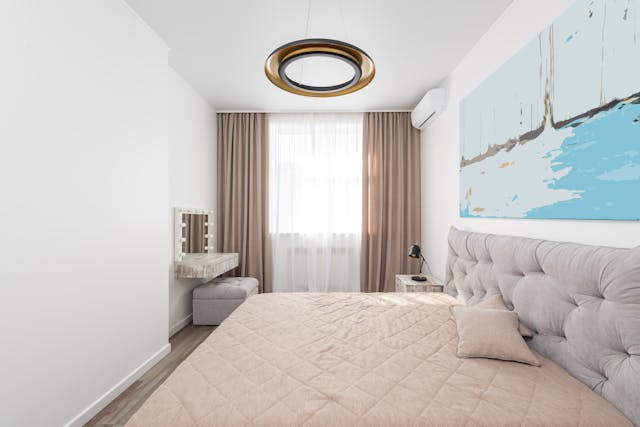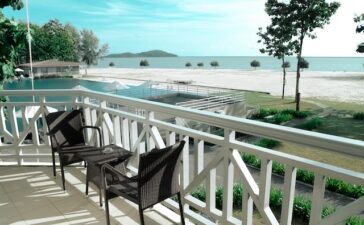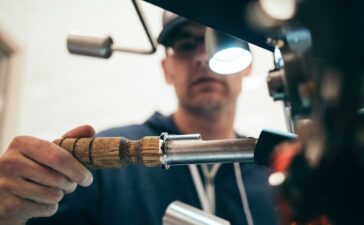When the summer heat arrives, nothing beats walking into a cool, comfy house. But getting that wonderful relief starts long before you turn on your air conditioner. For your air conditioning system to work at its best and keep your area cool, it needs to be installed correctly. Knowing what goes into an effective air conditioning setup can make all the difference, whether you’re replacing an old system or putting one in for the first time.
This tutorial will show you all you need to know about putting in an air conditioner, from how to tell how important it is to whether you should do it yourself or hire specialists. Are you ready to beat the heat? Let’s get started!
Knowing how important it is to install air conditioning correctly
Putting in air conditioning installation correctly is more than just putting a unit on the wall. It makes your system more comfortable, efficient, and long-lasting.
When properly fitted, an air conditioning machine works at its best. This implies that your energy expenses will be cheaper and your home will be cool all the time. If a system is not installed correctly, it can cause temperatures to be uneven, wear and tear to happen faster, and repairs to cost a lot of money later on.
Also, professional installation makes sure that the work meets all local rules and safety standards. This lowers the chances of electrical problems or refrigerant leakage that could put your family’s health at risk.
A properly mounted air conditioner also improves the movement of air in your room. Dust particles will be filtered out well, which will make the air within your home better. It’s not just about staying cool; it’s about making the whole place healthy.

Things to think about before putting up an air conditioner
Before you start putting in air conditioning, there are a few important things you need to think about. The first thing to think about is how big your room is. A unit that is too little will have a hard time cooling down, and one that is too big may waste energy.
Next, think about what kind of air conditioning system might work best for you. Central systems are ideal for cooling the whole house, but window or portable units are better for smaller spaces.
Energy efficiency ratings are important to remember. To save money on your power bills and help the environment, look for models with higher SEER ratings.
Also, think about where to put it. Make sure there is enough circulation and that it won’t block natural light or the look of your property.
Before you go ahead, make sure you know the building codes and rules in your area. Following the rules keeps you safe and saves you money on fines later.

How to keep your AC system running and fix problems
After your air conditioning system is put in, the next important step is to make sure it keeps running well for years to come. Regular maintenance keeps your unit from breaking down and makes it last longer. This is what you should pay attention to.
Start by cleaning or changing the filters every one to three months. Your air conditioner will have to work harder and use more energy if the filters are dirty. This easy task can make things work much better.
You should also watch the exterior unit. Remove any leaves, dirt, or snow that might be blocking airflow around the condenser coils. These parts need to be able to get to each other without any problems in order to work best.
It is also important to have professional inspections done on a regular basis. An HVAC professional can find problems before they get worse, which will save you time and money on repairs later.
Don’t overlook any strange noises or odours coming from your system; they could mean that a part isn’t working right or that there is a refrigerant leak. Taking care of these issues right away ensures that your home is safe and comfortable.
Before calling in a professional service crew, learn how to fix common problems like thermostat settings or tripped breakers. When homeowners know how to take care of their HVAC systems, they can do it better.
By making regular maintenance a priority and being proactive about fixing common problems, you’ll not only improve performance, but you’ll also stay cool all summer long.





